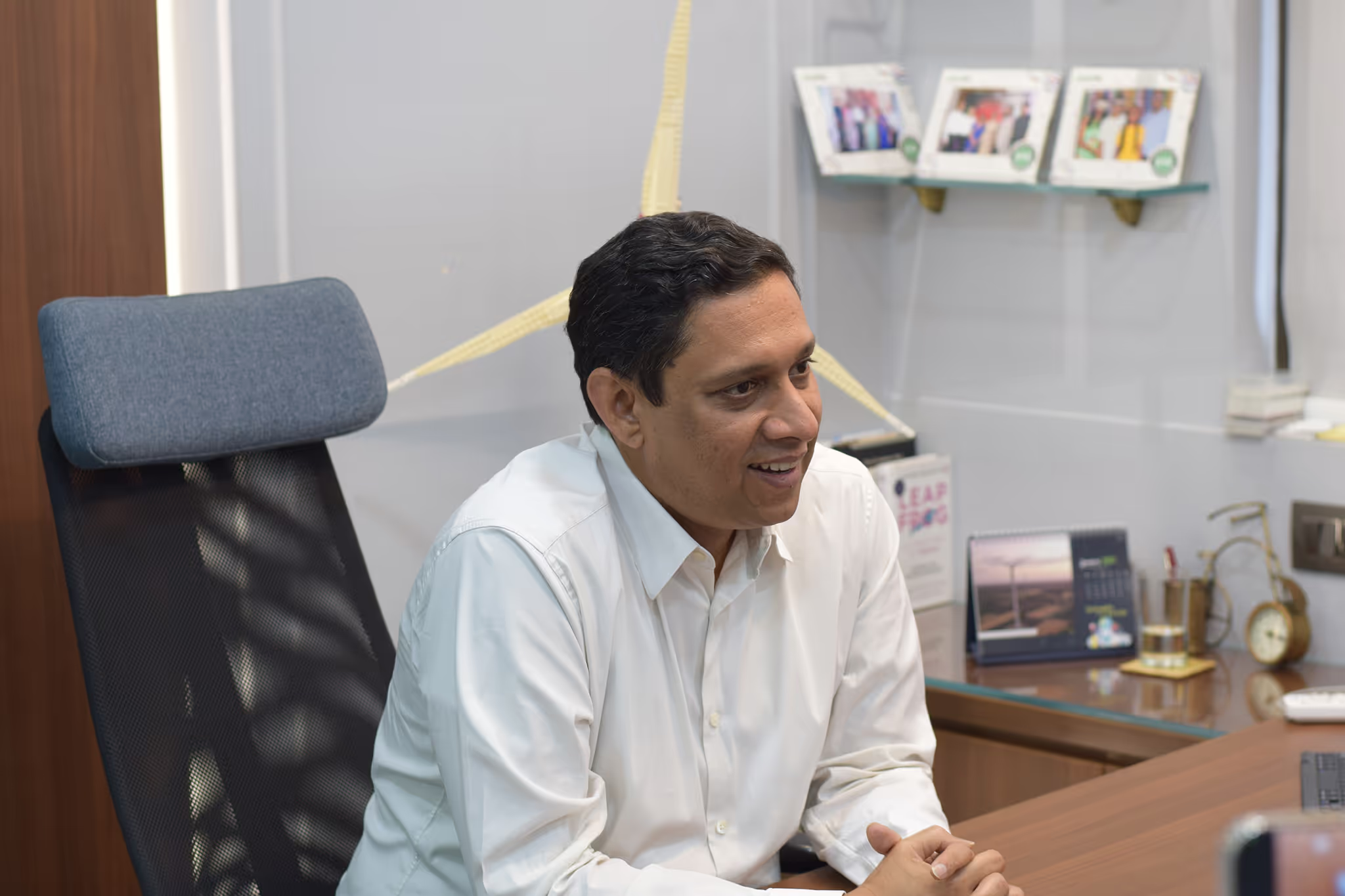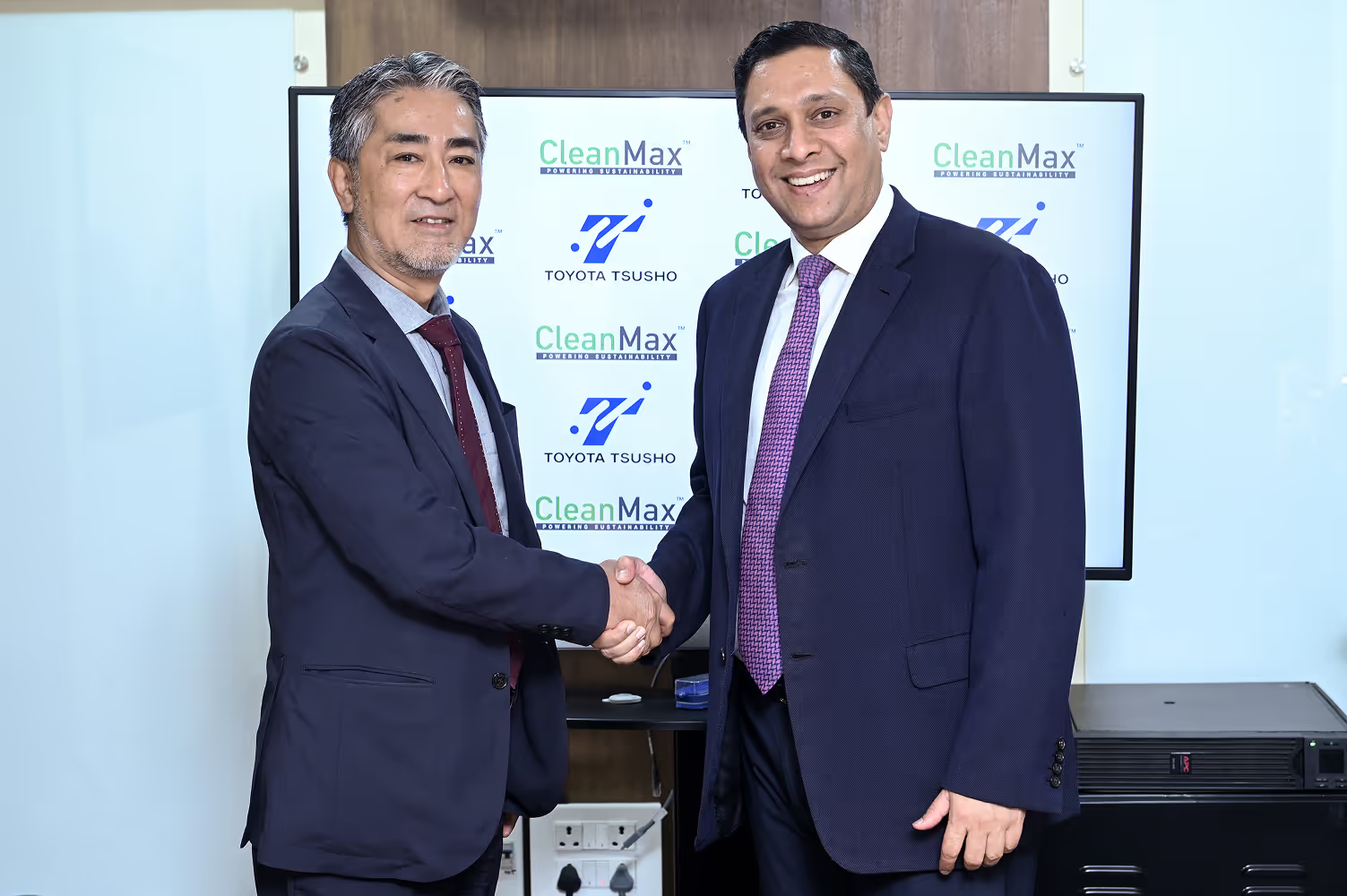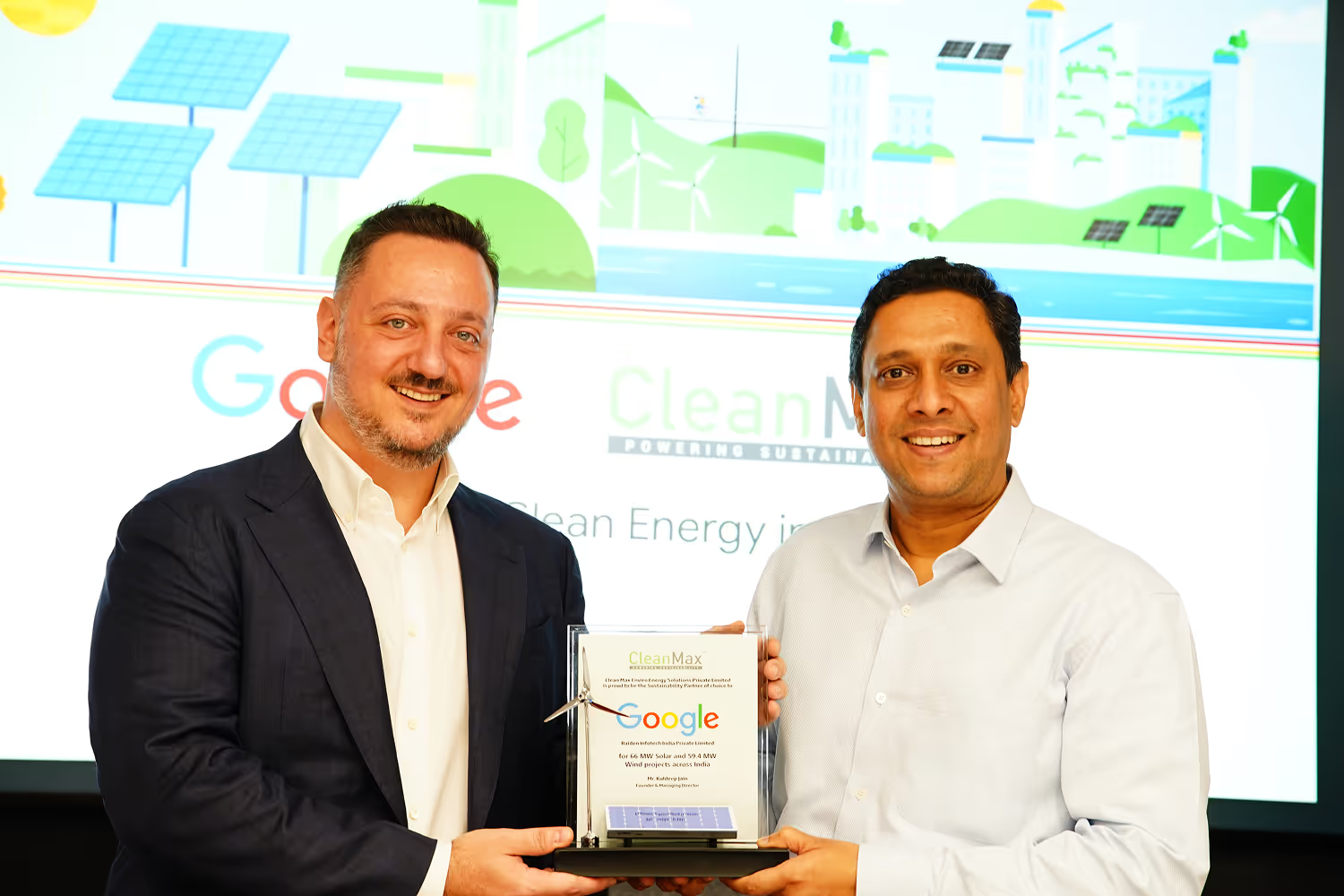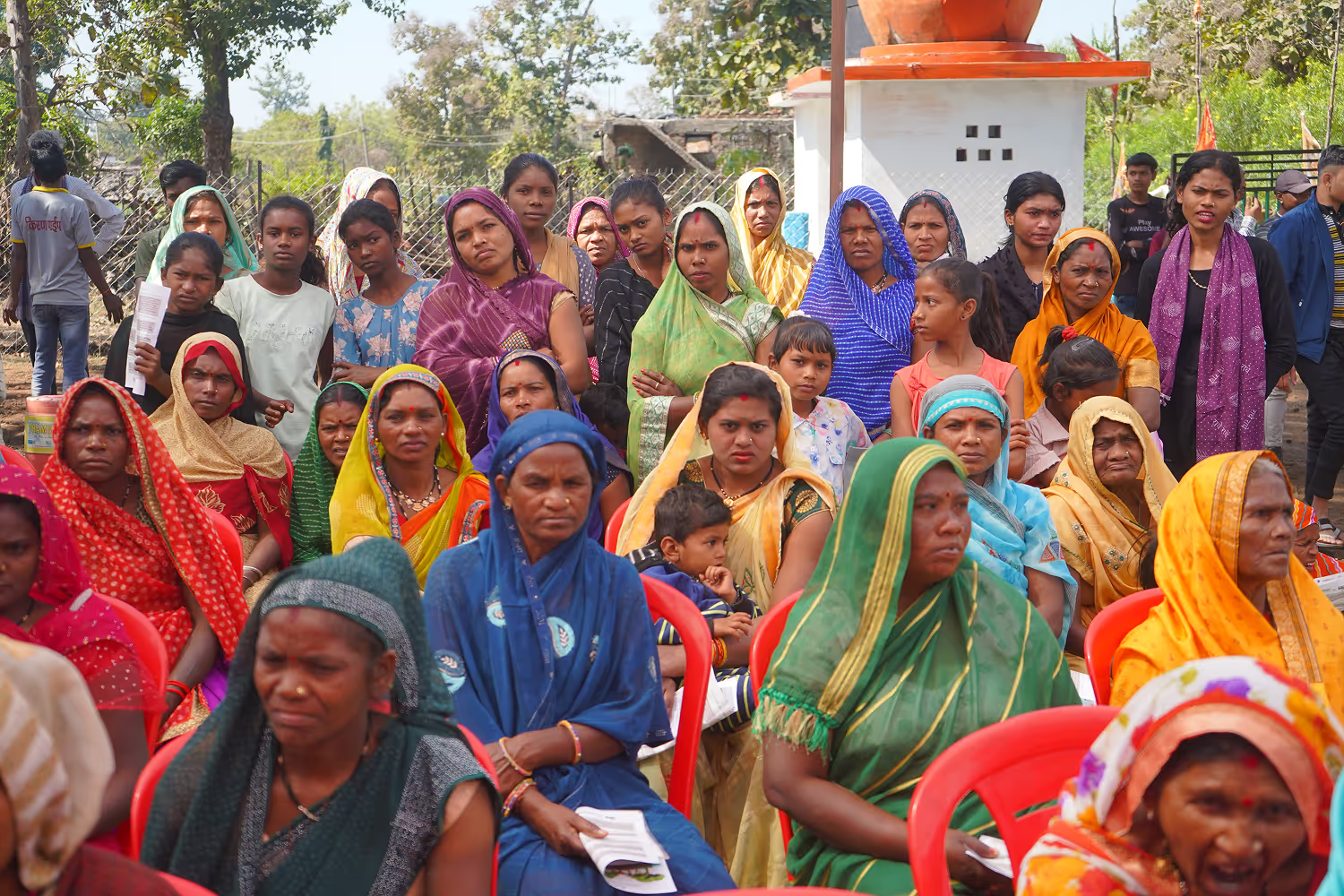Bridging Your Business
to a Net-Zero Future

Clean energy,
Custom-built for your vision
Navigating the road to net-zero can be complex. We make it simple. Our tailor-made solutions have helped prominent enterprises accelerate their net-zero goals - reliably, and cost-effectively. From onsite solar to large-scale scale wind, solar, hybrid farms and decarbonization solutions, we make corporates walk-the-talk.
.avif)
.avif)
.avif)
.avif)
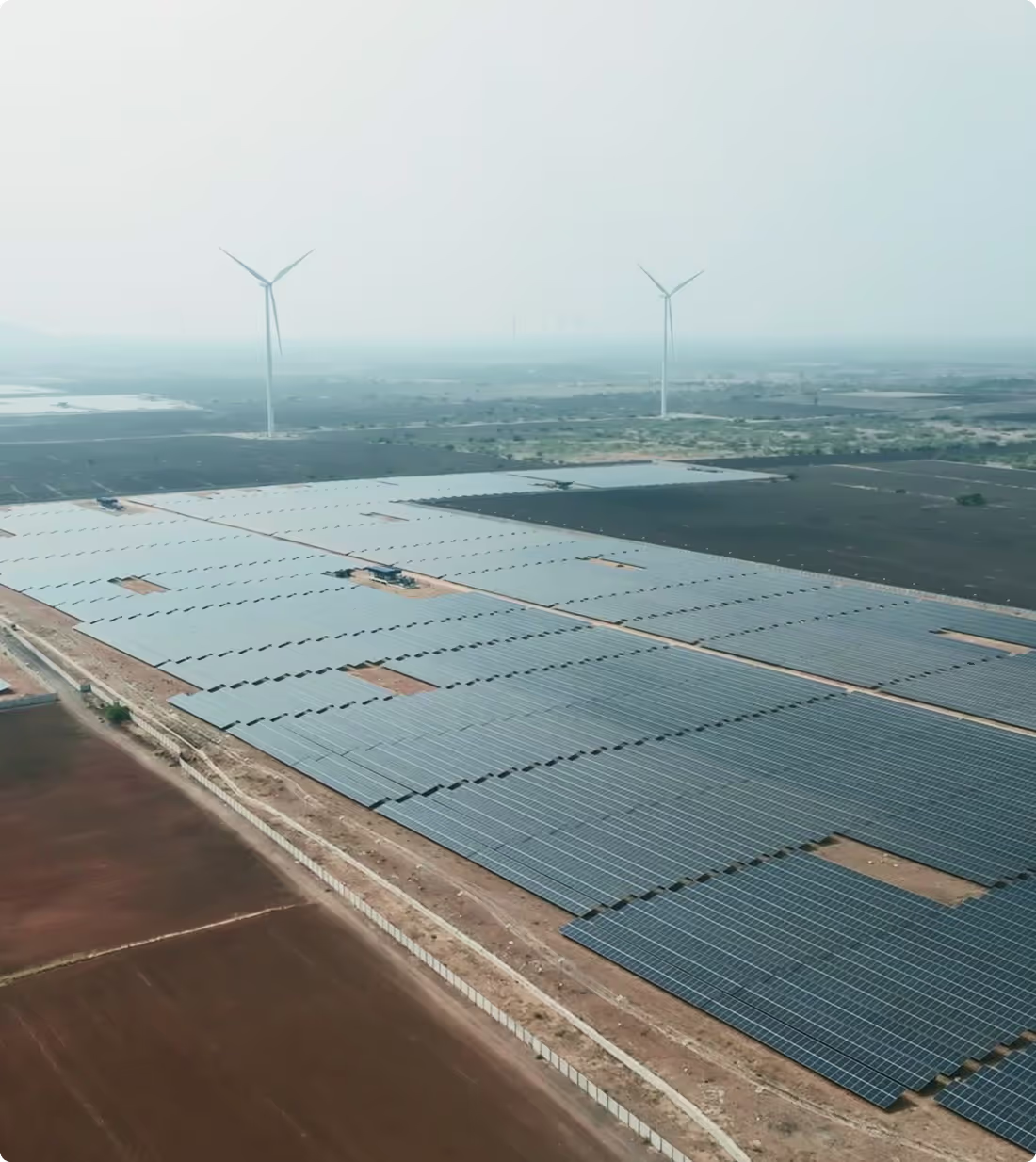
Trusted Net-Zero Transition Partner
Operating across
4 countries
Offering solutions across India, Thailand, UAE, Bahrain.
Supported by Brookfield, Augment and DSDG
Secured funding from top-tier global investors.
Flexible OPEX, CAPEX, and VPPA models
Capital-light, co-investment, or full-ownership financing options.
Asset Management Powered by Intelligence
Real-Time Analytics, Predictive Maintenance and Live Monitoring.
Smart Solutions. Designed for Your Net-Zero Goals
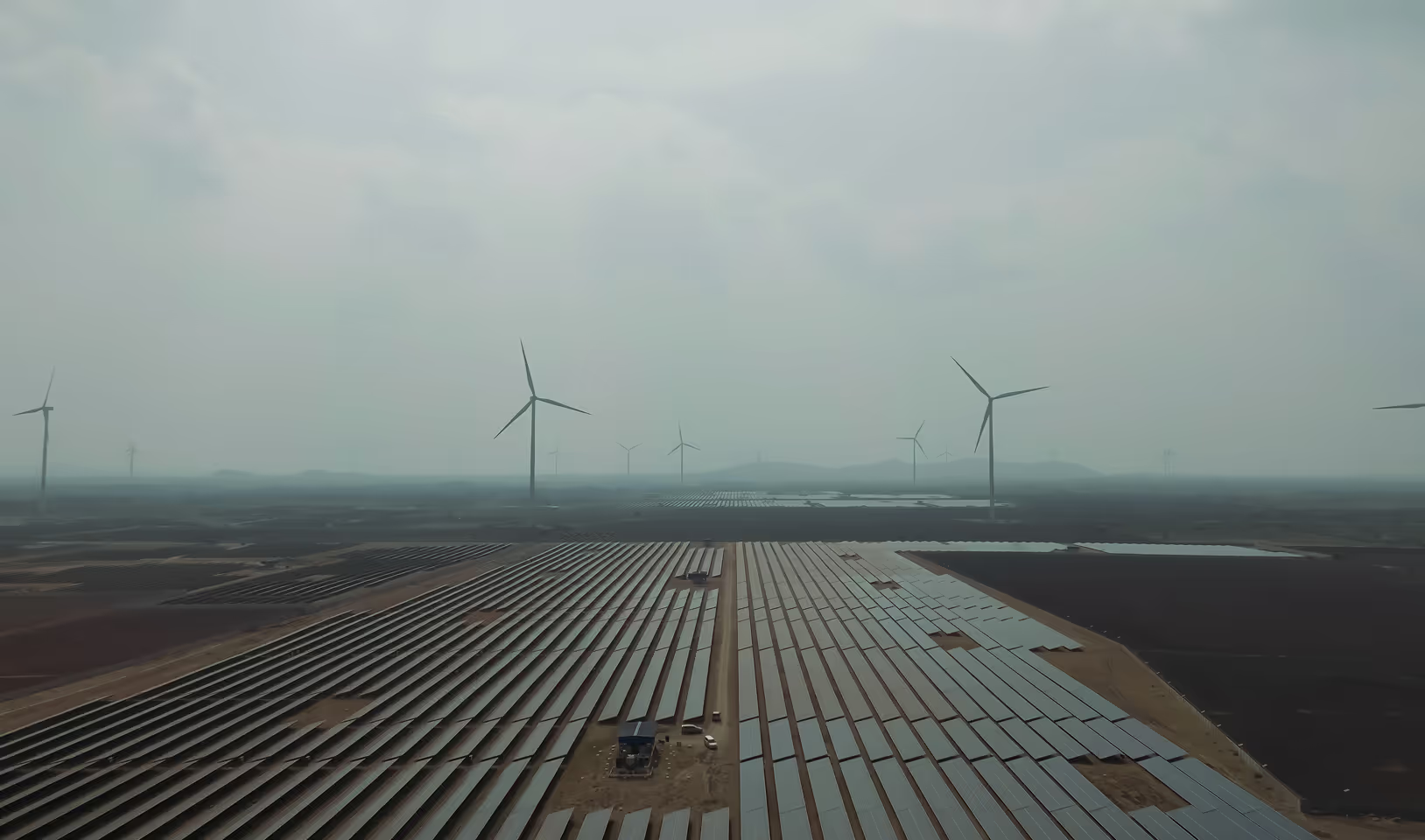
Reliable and large-scale green energy solutions for consistent operations.
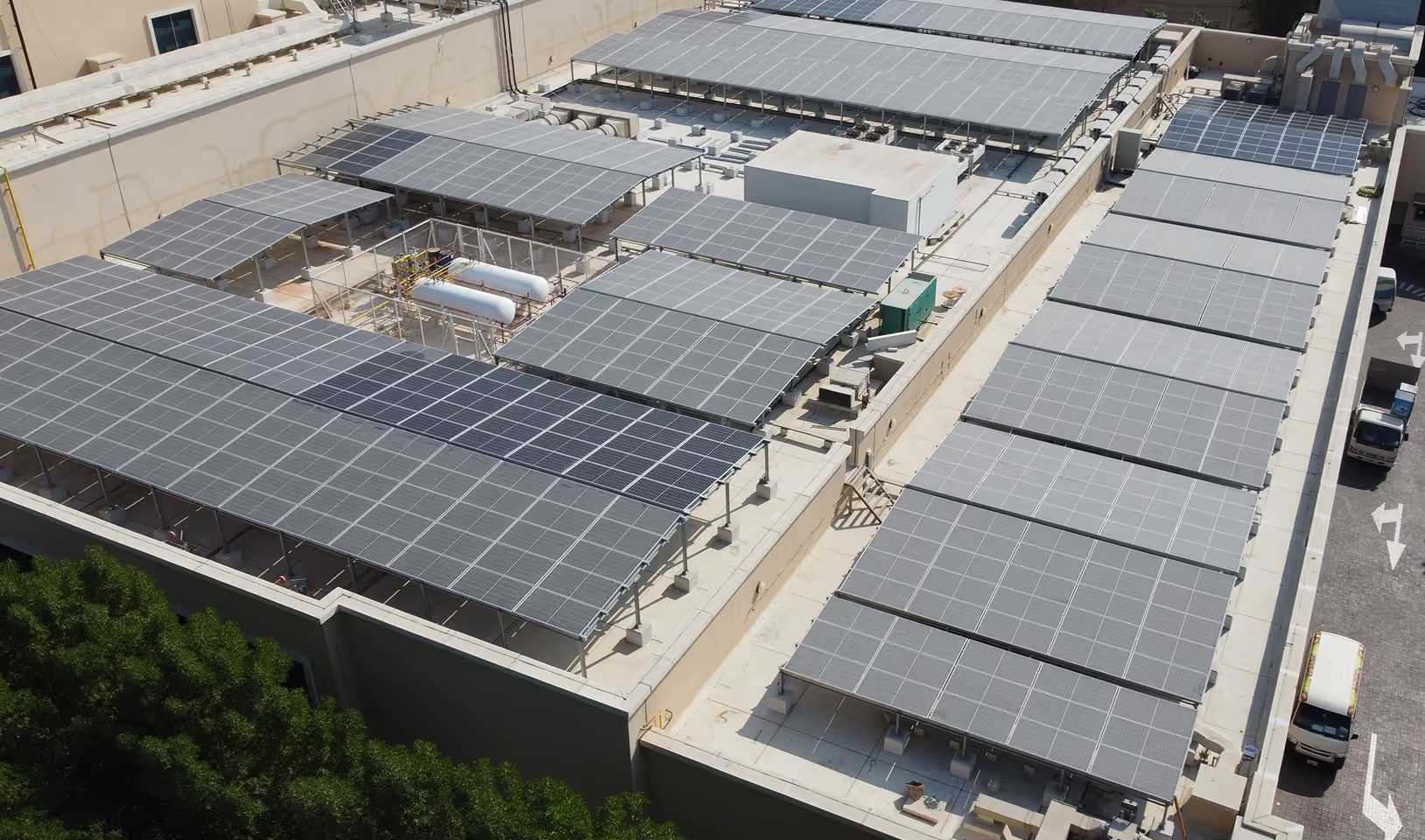
Customised Solar PV systems engineered for your facility. Optimised for lower costs and energy independence.
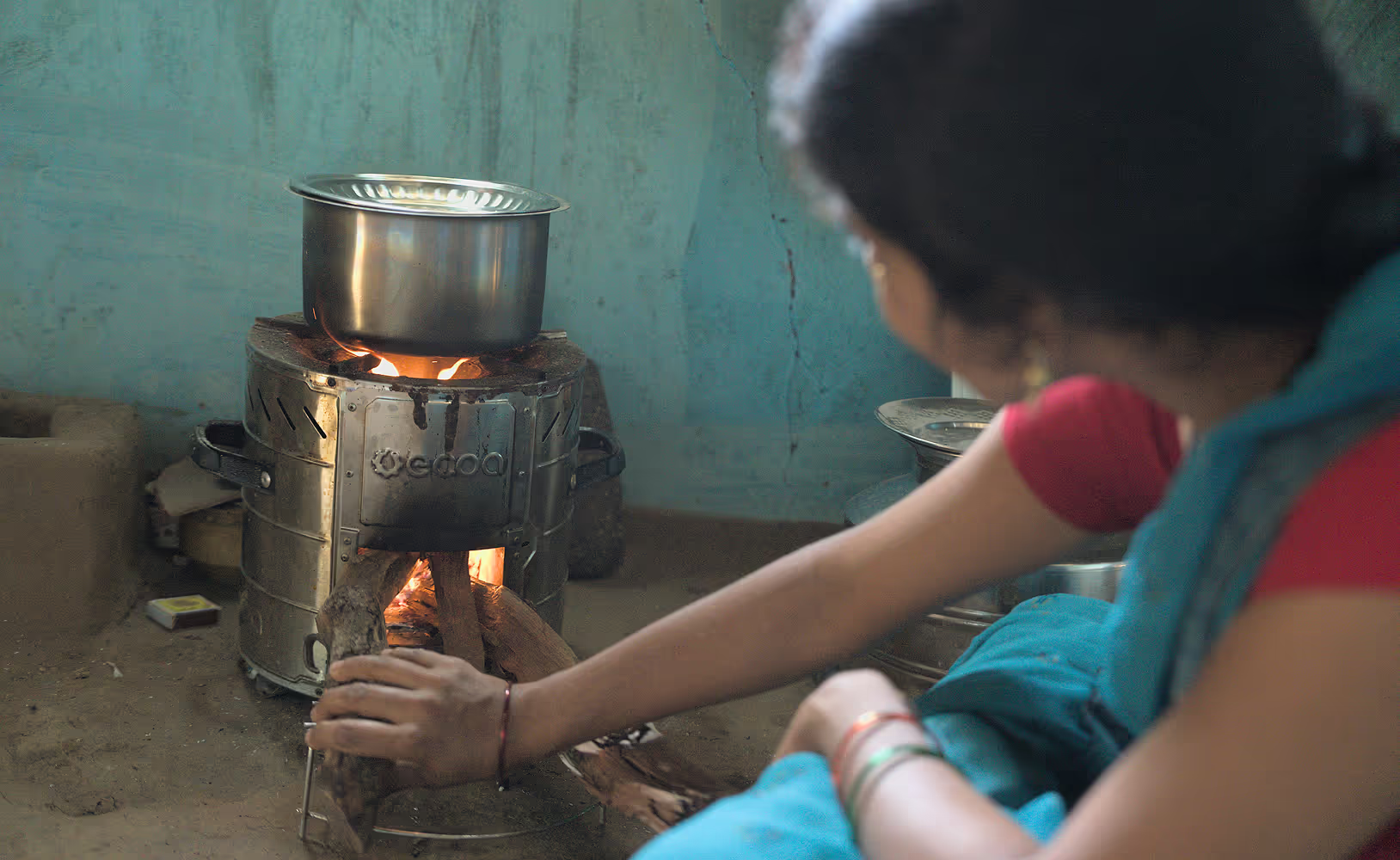
Supporting global sustainability goals. Creating true impact with innovative and socially conscious initiatives.
Delivering Green power at scale with
Solar Farms
Wind Farms
Hybrid Farms
From Karnataka to Maharashtra, our renewable farms are built for the nation’s climate-conscious corporates across industries. Spanning over 10 states and backed by large scale solar, wind, and hybrid farms, our offsite open access network delivers consistent green power to private C&I consumers across India. Seamless, tailor-made, scalable, and future-ready - just like the businesses we power.
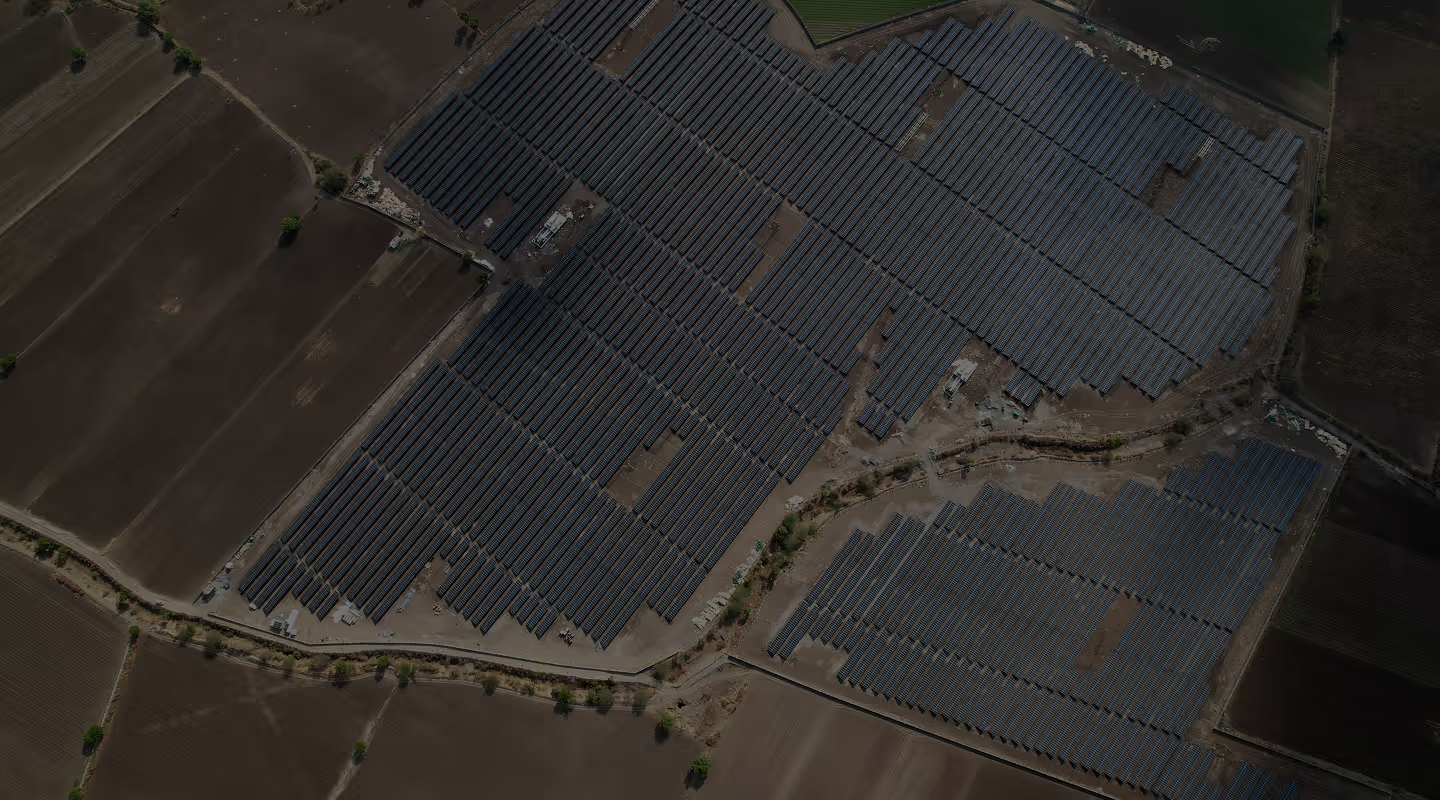
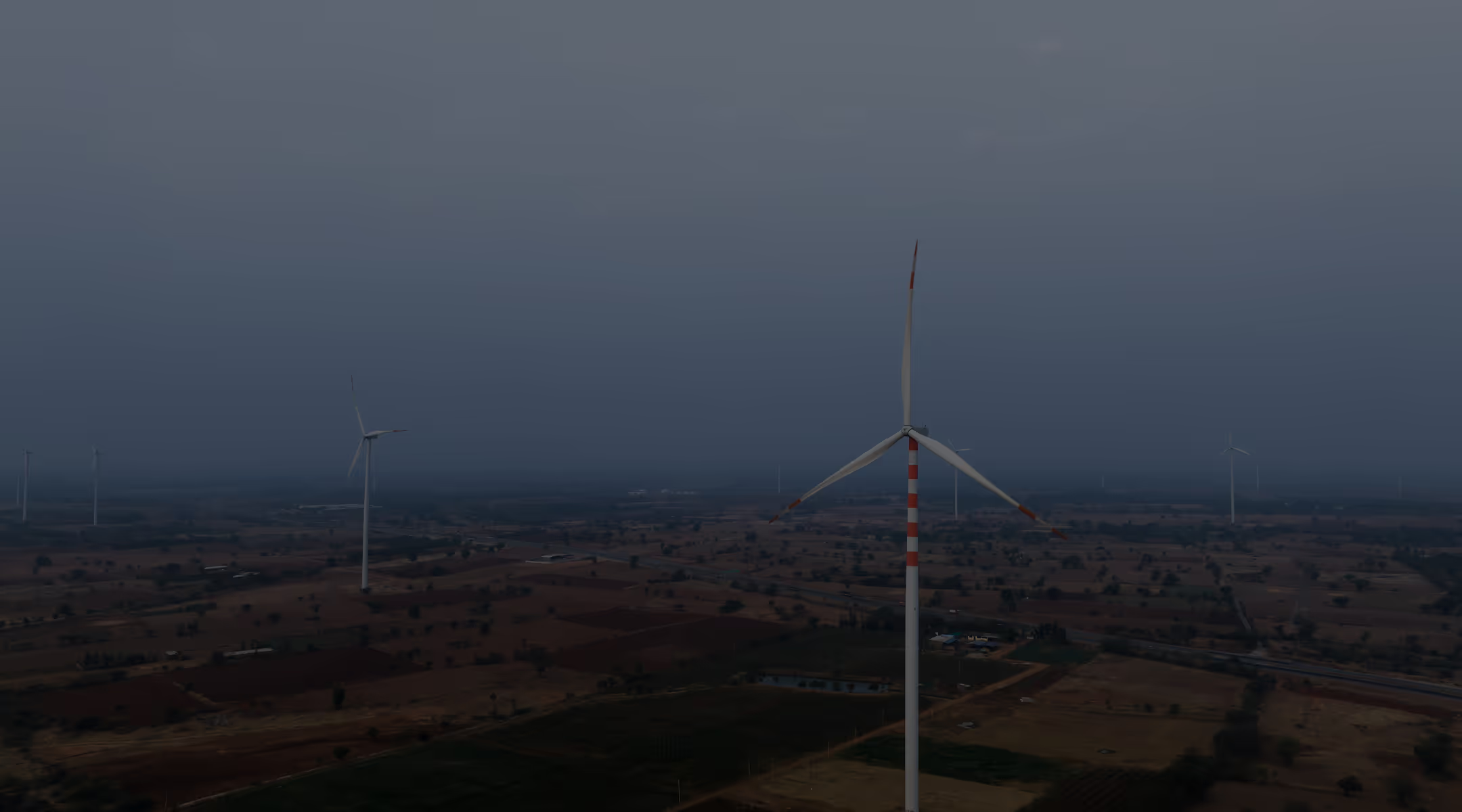
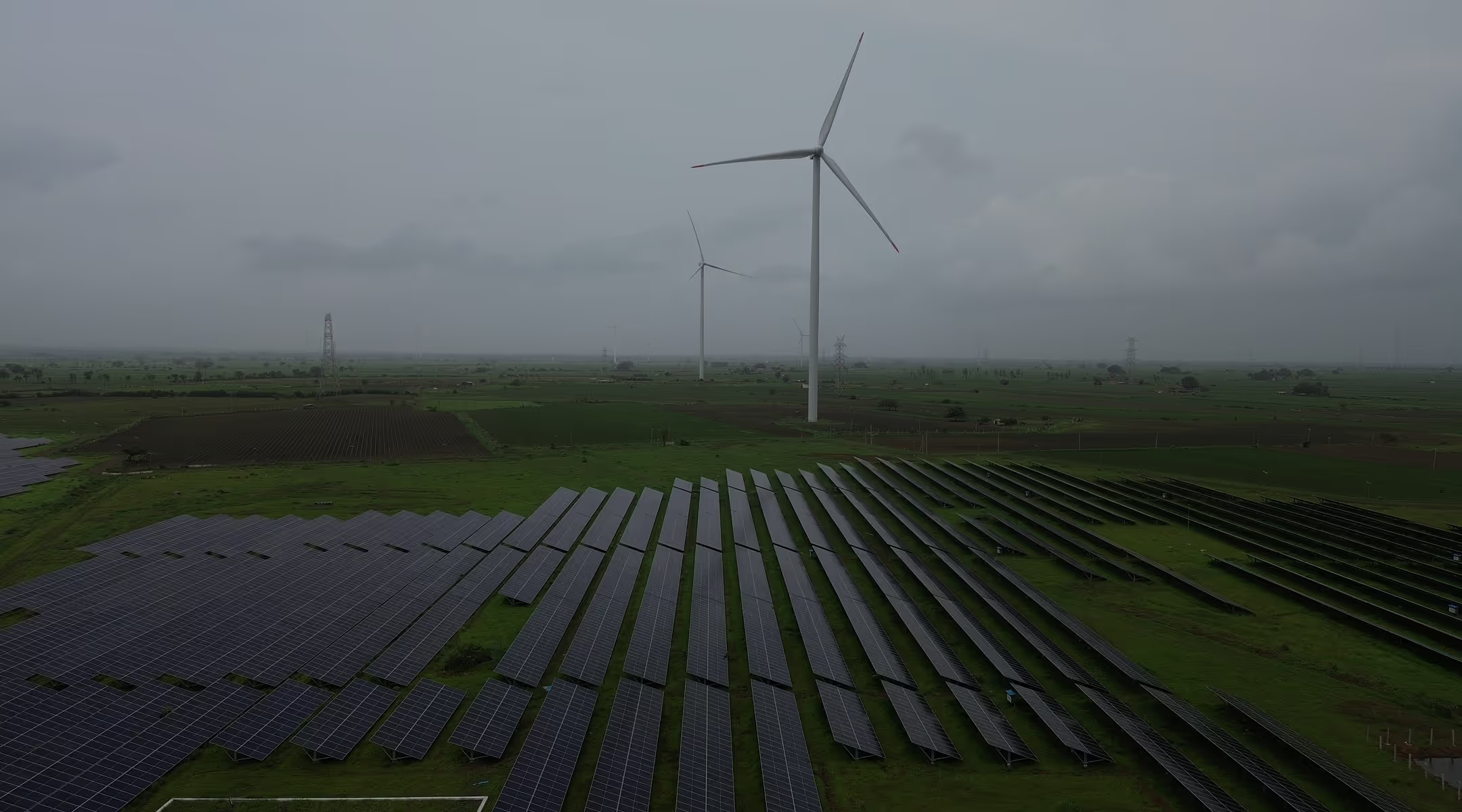
Customised for Scale.
Chosen by Leaders.
Tailored Insights for Future-Ready Energy
Power Your Career
Be part of the team powering businesses to net-zero.
Your Bridge to Smarter Energy
Connect with us for tailored energy solutions designed for long-term impact.


.svg)
.svg)
.svg)

